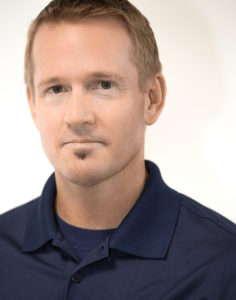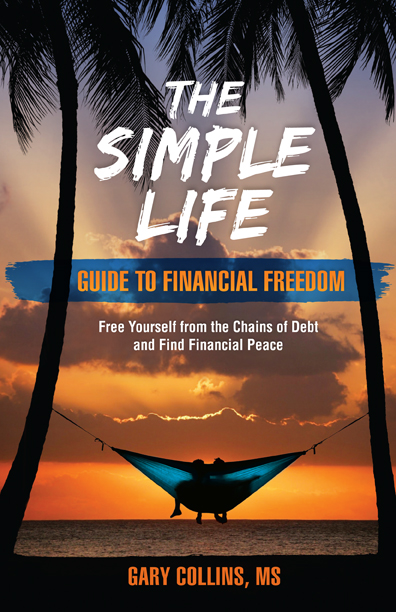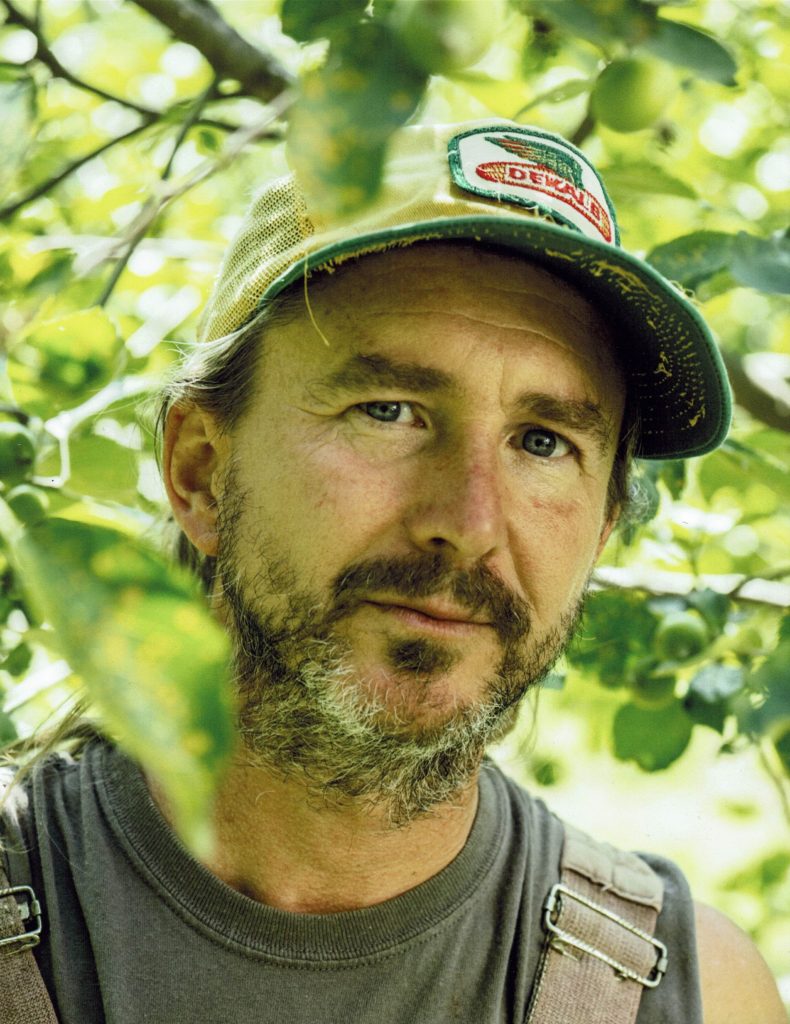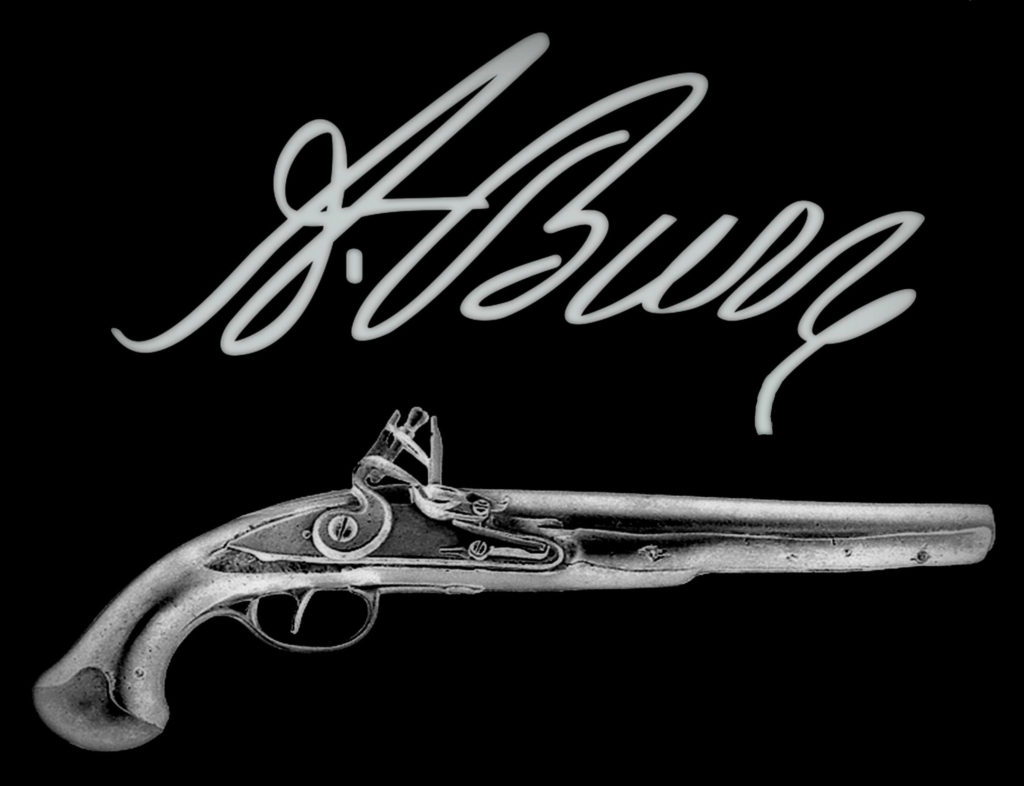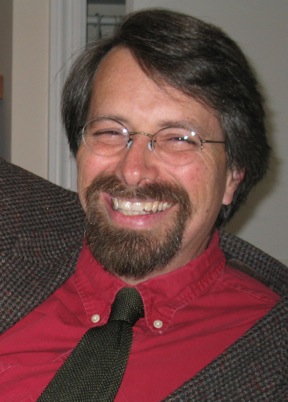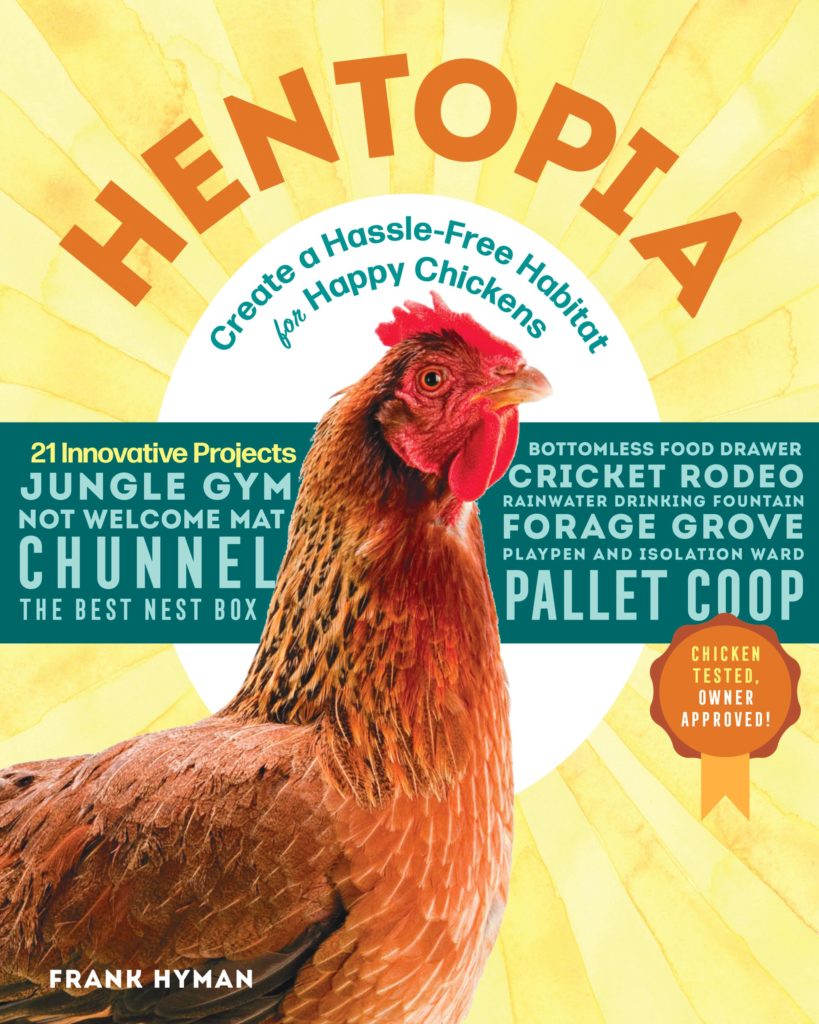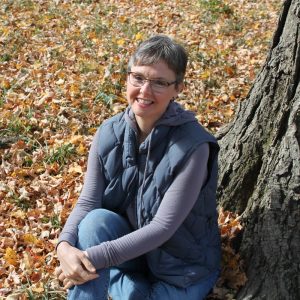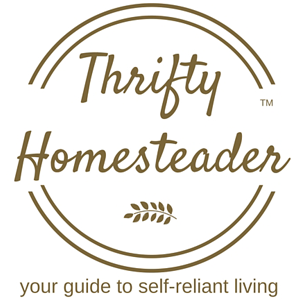Podcast: Play in new window | Download
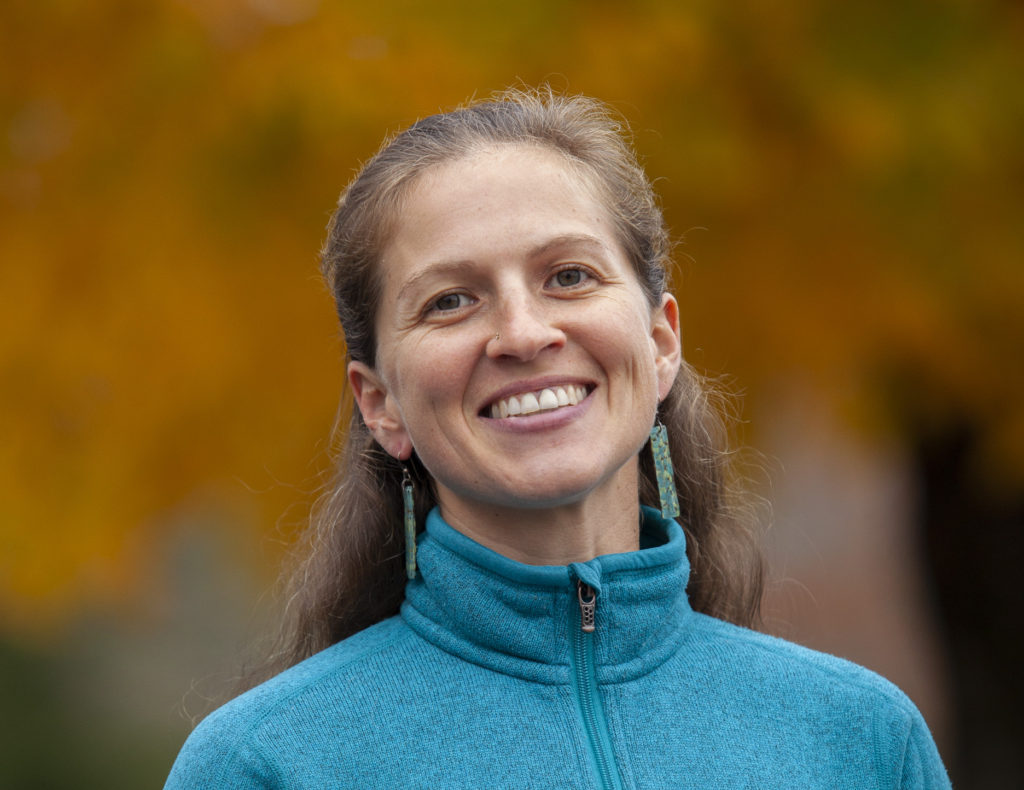

Episode 013.
How do you handle adversity? Are you always worried that the worst-case scenario will occur? Can a bad health diagnosis ever lead to something good?
Leah Webb is the creator of DeepRootedWellness.com and the author of The Grain-Free, Sugar-Free, Dairy-Free Family Cookbook: Simple and Delicious Recipes for Cooking with Whole Foods on a Restrictive Diet.
When Leah’s son Owen showed signs of food allergies and asthma, and then her daughter June was diagnosed with cystic fibrosis (CF), a genetic disease primarily affecting the lungs and pancreas, something major had to be done. Leah has always been passionate about health, but this lead her down an entirely new field of nutrition that completely changed her personal and professional life.
“I no longer accept feeling powerless and defeated. I no longer accept the doctor’s word as the final say. I no longer accept that disease has to be terrible.”
What if a slight change of perspective could change your health forever? Find out why Leah calls this situation a “gift from the darkness.” Listen now!
Find out more about Leah Webb: http://www.deeprootedwellness.com
Find out the business events secrets for growing and strengthening ANY company: http://brianjpombo.com/secrets/
Full Transcript
Leah: This was an opportunity that fell in my lap. And I talked about that a little bit in the book.
I call it a gift from the darkness, because we did end up with some tough circumstances. It’s the idea that when you open the door to allow the light to come in that there can be gifts that you get from these dark circumstances. And I truly believe that this book was one of such opportunities for me.
Podcast Intro: If you’re someone who refuses to go along to get along, if you question whether the status quo was good enough for you and your family.
If you want to leave this world better off than you found it and you consider independence a sacred thing.
You may be a prepper, a gardener, a homesteader, a survivalist, or a farmer or rancher, an environmentalist or a rugged outdoorsman.
We are here to celebrate you whether you’re looking to improve your maverick business or to find out more about the latest products and services available to the weekend rebel.
From selling chicken eggs online, to building up your food storage or collecting handmade soap.
This show is for those who choose the road less traveled the road to self-reliance for those that are living a daring adventure, life off the grid.
Brian: Leah Webb mph obtained her health coach certification from the Institute for Integrative Nutrition. After earning a bachelor in Science degree in environmental biology from Appalachian State University and a Master of Public Health degree in environmental health sciences from Georgia Southern University.
She’s worked in nutrition and gardening education since 2009, with a focus on engaging children and healthy eating habits, experiential learning and discovery, Leah started and runs the deep rooted wellness blog on which she posts stories and tips regarding nutrition, gardening and healthy families.
She lives in the mountains of North Carolina with her husband TC and her two children Owen and June.
Owen has a life threatening anaphylaxis allergy to wheat and June has cystic fibrosis a genetic disease severely impacted in the lungs and pancreas. Leah is the author of the grain free, sugar free dairy free family cookbook a comprehensive guide for families interested in learning to cook more meals from scratch in a manageable way.
Her commitment to a restrictive nutrient dense diet has played an important role in their children’s integrative care. When not at work, you’ll find Leah in her garden tending to her chickens, volunteering in children’s schools or engaging in a variety of forms of exercise that feel nourishing.
Leah web Welcome to the Off The Grid Biz Podcast.
Leah: Thanks, Brian. I’m super excited to be here with you and just have the opportunity to talk about some of the things I do. And yeah, I’m excited to talk about Mother Earth News Fair today. It’s an exciting place.
Brian: That’s great, no we’re happy to have you here.
So besides what we heard in your bio, tell us a little more about who you are and what you do.
Leah: So I am a certified health coach.
And I started my business by doing one on one coaching and teaching cooking classes, workshops and things like that. One of the themes that I repeatedly saw that people struggled with was being able to implement some of the strategies that you give them for being healthy.
You can give them recipes, and you can give them tools. But unless they really have a plan for implementing those tools for implementing those recipes and for whatever system that you’ve decided that would be beneficial together, you know, they really need a little bit of further guidance.
And so that’s kind of where my work started moving in this direction of really teaching people, the house of implementing a healthy diet.
That’s how this book came about is, some of it was because I did deal with these pretty major challenges with my kids.
My son has an allergy to wheat and barley that made it to where we really are not able to eat out with him very easily. We have a couple of restaurants that are safe for him and honestly read out about twice a year.
Just because it’s it’s not a safe thing for him.
Then with my daughter, her being born with cystic fibrosis, I felt that somebody having a genetic disease was already starting at a disadvantage and it felt really important for me to give her the correct nutrition that she needs to be able to support her body in any way that I could just to help her along.
And so I kind of combine these two things. I had this these issues with my kids where my kids really needed a healthy diet.
My son especially needed a restrictive diet, one that had to be very specific to meet his needs.
Then watching all these people really struggle with meal planning and prep through all of those experiences is how I was able to develop a system for meal planning and prep that I wrote about in this book. And this is a complete guide for people who are interested in learning how to meal plan and prep and cook healthy foods for family on a regular basis.
Because as you all know, we’re all really busy. Cooking from scratch takes a lot of time.
This is a modern day problem. We’ve got to figure out solutions on how to prepare more meals from real foods while allowing that to fit into a time constraints that we all have.
Brian: Great. Well, tell us a little bit more about your book.
Leah: So this is published by Chelsea Green Publishing one of the largest publishers of sustainable living and Integrative Health books in the US.
They were phenomenal to work with.
I feel that I had great content to offer, but they just really made it that much better. And so the whole first part of the book I start with an introduction is to explain the science behind this diet, why it is that somebody might be interested in going, in eliminating grains, sugar and dairy.
I’m a why person, I have a background in research. If you tell me to do something, my first response is, well, why.
And so that’s what I wanted this book to this book really reflects my personality and just kind of the thoroughness that I approach things with.
This whole first chapter talks about why this diet is important and why it would be valuable. And then in the next three chapters, I talked about how you can get your kids involved.
What are some of the strategies to get them interested in being in the kitchen?
What are some strategies for introducing solids for correcting picky eating.
Then I move into how you get prepared to do this, because this is where I was talking about when people lack a plan. They tend to not follow through their actions. And I wanted somebody to get this book and say, Well, yeah, I want to be able to make these recipes.
But if I don’t have a plan on how it is, I’m going to do it, it may not actually happen.
And so I tell you, everything from what types of things you should put in your pantry in your freezer, what types of cooking utensils you need, up to how it is that you formulate a meal plan.
Then one of the key pieces of the book that I really hope that everybody sees this piece and reads it and is able to implement it is just rethinking this idea of quantity. And I have some meal plans in the book and the appendices.
Where I recommend that people double, triple even sometimes quadruple recipes when possible, because a number of recipes are able to be frozen for later.
The time investment that it takes to double, triple or quadruple a recipe is not nearly as much time as it would take you to prepare that recipe from scratch down the road. And that piece alone can save you hours in the kitchen every week.
And so with these meal plans that I’ve developed, the first week you start out by having to spend around six and a half hours in the kitchen total and this is making breakfast, lunch dinner and snacks from scratch for a family of four. Which I feel like most families have for spending six and a half hours in the kitchen anyways and they are not preparing that much food from scratch.
And then in these later weeks because you are pulling foods from the freezer, you’re able to cut down on your time investment as you keep going with the system.
So a system of preparing in bulk freezing foods and pulling from the freezer so that you reduce your overall workload.
And then the recipes are all really simple. I didn’t want this to be…this is a practical everyday guide. It’s not intricate culinary masterpieces that require all these unfamiliar ingredients.
This is for a busy family that just, sometimes you just got to get it done. And that’s what I’m trying to help people do.
Brian: That’s great advice. I know from personal example, my wife does a lot of cooking at home, by far majority of what we do is all at home, and that’s one of the things that she’s had to follow.
We’ve got three kids, three pretty young kids at home. And so, same thing, you’ve got to double, triple, quadruple the recipe, and you got to be willing to do that. Definitely a time saver. That’s great advice.
Leah: And I think we also underestimate how much we can eat sometimes. I mean, especially when you do have young kids, I have a boy and a girl and my son he is just like a bottomless pit sometimes.
Brian: Yeah, lol.
Leah: I mean, it’s incredible how much food he can eat. And that’s some of really rethinking this idea of quantity and being realistic and the amount that you prepare.
Brian: Yeah, absolutely. Absolutely.
So with that in mind, you talk about being a why person, I totally hear you on that. So why did you write the book? Why did you go through that whole long process and that most people never get around to.
Leah: But I have a very unique story. I don’t think that it happens like this for most people.
I was asked to write the book. And I saw this as a really excellent opportunity, especially given the quality of the publishing company. At that time, my daughter was still pretty young. I mean, she’s only four now, but I think she was around 18 months of age.
With her disease. It also requires a huge investment of time.
That’s some of why I had to streamline this meal planning and prep process as well.
Her daily treatments and therapies take about an hour every single day and there’s a greater time.
Investment when she’s sick being in that period of when you have a young infant, and they need all this extra care plus I had the sun with all these allergies, I felt pretty open to doing something outside of just being a mom.
And I think for me, this felt like a really great escape to use that energy for something positive.
So when I was asked to write the book, I really, I jumped on it. I think I was looking for something that could be a little bit of an escape. And I think that going through this process and using my story as something that could help other people, I think I’ve actually found a lot of healing in that process as well.
This was an opportunity that fell into my lap and I talked about that a little bit in the book. I call it a gift from the darkness, because we did end up with some tough circumstances.
And I think that when you open the door to allow the light to come in that there can be gifts that you get from these dark circumstances. And I truly believe that this book was once one of such opportunities for me.
Brian: Absolutely. That’s a great way of looking at it.
We’re already doing your blog at that time, or did that come after?
Leah: I had been blogging for about six years. And my editor, my developmental editor for the book, when I was doing my health coach training certification, I did a free workshop to a group of new moms.
And she was one of the first 10 people that I put on my mailing list.
I had no idea who she was, what she did, anything.
And so she had been following me for years.
And when Chelsea Green Publishing started publishing more Integrative Health books. What a lot of these integrative physicians are recommending is that people eliminate grains or gluten, dairy and sugar.
My family had slowly transition to that diet due to our health circumstances. And she had watched us go through this transformation and she thought, you know, she could write a book about this. And that’s how it all worked out.
Commercial Break: Okay, we’re going to pause the conversation right there. What you’re listening to right now is a special edition podcast. These episodes all have to do with the Mother Earth News fair in Albany, Oregon of 2019 at the time I’m recording this, we have learned so much about how to take advantage of events and I want you to be able to use this information in your own business.
So it really was just kind of this line of, I don’t even know what to call it, it’s just, fate seemed to work out.
Go to BrianJPombo.com/secrets.
We are going to be putting out helpful materials on how you can use events to grow your business.
When you go to this page, you will either see our latest programs or if you make it there early enough, you will see an email address, capture page, put in your email address and we will be sure and update you.
As soon as we get these out there, you’re not going to want to miss this.
If you get in early enough, you can get a special deal. These are principles that never go away.
These programs will be based on the experience of people who have written books, spoken at the events or exhibited.
They’re talking about how to use events, books, and speaking all to build your business.
That’s BrianJPombo.com/secrets.
BrianJPombo.com/secrets and now back to the conversation.
Brian: Yeah, that’s beautiful. That’s so cool, how all these things lined up for you.
You enjoy the process of writing a book, the whole thing, everything from the writing, to the end all publishing?
Leah: I loved it. absolutely loved it.
Some of that was because my editor was fabulous. The editorial team, everybody I worked with Chelsea Green was just so easy to work with.
That’s some of why the process went so well. And some of it was because I do have these kids that every now and then they require a little bit of extra attention.
It’s hard for me to maintain a normal work schedule.
And with writing the book, I could shut it down when I needed to. And we had a couple of months while I was writing where my daughter ended up being extremely sick, I couldn’t focus on writing at that time.
I had to stop working because she required so much of my attention and my energy and she ended up getting admitted to the hospital, my son had had a pretty major and galactic reaction.
It’s just kind of a traumatic thing at times. And you know, it’s hard to pick yourself back up and just jump right back into work.
The book afforded me the opportunity to really give myself the space to take care of my kids and help them deal with the issues that they have. But then also to turn around and give myself what I needed, so that I could get back to being a good mom and a good author and doing all those pieces and I also just like writing I think that when you’re writing, you’re also learning.
I mean, the research that I did write that first chapter of looking up all the scientific information that was so much fun for me. I used to work in research and it’s like getting to use those skill set that I got to use before I was a mother and it just feeds something in you that doesn’t get fed in other ways.
Brian: Do you see yourself writing another book again someday?
Leah: I do play with that idea all the time.
Yeah, and I’m not quite, I have some ideas. One of the things that I also do that I feel that I do fairly well as gardening, I have considered writing a gardening book because I do post on Instagram and Facebook and all the social media outlets.
Some of the advice that I have for gardening and people are always joking asking when my gardening book is going to be released, but I’m not really sure I think for right now.
I’m really enjoying the process of having this book and it being out in the world and just the opportunity news that are coming from that. And so I think that there would be something in the future. I’m just not quite sure what that would be yet.
Brian: That’s great. So you had mentioned that you’re going to be speaking at the Mother Earth News Fair. And we’re specifically talking about the one in Albany, Oregon.
What are you going to be covering there?
Leah: I’ve got two talks for Albany. And the first one is going to be the art and mastery of meal planning and prep.
This is the talk where I discussed the system of how it is that you can cook efficiently making more meals from scratch.
When I designed this talk, I kind of wondered, you know, are people really that interested in listening to someone talk about meal planning and for an entire hour and the first time I gave this talk was in Asheville at the Mother Earth News Fair, and I had over 200 people show up.
I sold out of my book, I mean, it went really well.
And so it was encouraging to me to know that people want this information and that they are willing to sit there for a whole hour and learn how to cook more meals from scratch. And I thought that was just great that so many people are interested in this.
The second talk I’m giving is called belly biochemistry.
And this is a talk where I describe how digestion works, the role of microbes in your digestion. And then how it is that those microbes what we know about microbes and disease.
There’s so much new information on even in the soil environment, but I think people are starting to learn more and more about the benefits of microbes in the human gut and the soil and what it does for nutrition, disease and health. and there are a lot of gaps in this research.
But there’s still a lot of really interesting things that we do know. And that’s the information that I present during that talk. Part of being a someone who works in public health with my Master’s of Public Health is people in public health are trained to be the liaison between the science and the general public.
That’s what this talk is about for me is really taking this kind of difficult to understand scientific research and conveying it to layman in a way that they feel that they can apply it in their lives and that they can really understand some of the science that is new and upcoming.
Brian: So who are you hoping to reach with these presentations?
Who’s the ideal person that you’d like to connect with either through your presentation or in person?
Leah: That’s a great question. I mean, I feel like this information is for everyone.
But if I did have to get really specific, I would say that it’s generally for moms and dads who are feeling overwhelmed by all of the pressure of being a parent and working full time or part time and trying to raise kids. While also feeling that food is such an important piece of raising a healthy child yet it also feels like something that’s on tangible.
Because there are so many pressures on parents these days and it’s hard to be everywhere at once.
So my hope is that some of these parents can find this information and feel like they’ve got some strategies to accomplish some of their goals.
Brian: So why are you doing this?
You know, what do you get out of it?
Leah: I get super jazzed on public speaking.
I don’t know how else to describe it. But I love to teach.
I love getting new information. And I love turning that information into a usable form for people.
That it’s exciting to me to think that I can create a career out of teaching and helping people and providing people with the resources and the support and the information that they need to reach their goals.
Because there is just so much information out there and being able to sort through it and know where you can get reliable information can be really challenging.
And I feel that these speaking engagements, especially for things like Mother Earth News. When there are 10s of thousands of people there that you’re able to reach It’s an opportunity for me to provide them with the information that I feel like is most valuable.
And it’s just really fun. I love meeting people.
I am an extrovert to the core. And it’s fun for me to hear people’s stories, get to connect with them and provide them with some support.
Brian: How did you end up becoming a speaker for the Mother Earth News Fairs?
Did they reach out to you? Did you reach out to them?
Was this through your publisher?
How did it all begin?
Leah: It was through my publisher, which is interesting because I’ve attended Mother Earth News Fair for a number of years. Because Asheville is one of their big fairs and it’s only 45 minutes from my house and those have always been my weekend away from the kids.
I just go and I soak in all this like homesteading and gardening and I just love these fairs.
I remember when I was writing my book, I thought, you know, if I could speak at Mother Earth News Fairs, this would be like bucket list type material.
This would be, I will have arrived. If I get to Mother Earth News Fair, then my book came out on April 19.
The Mother Earth News Fair in Asheville was April 26.
And so Chelsea Green Publishing lined up my speaking gig.
It was like a dream come true. And I was only scheduled to speak at a couple of them.
But then the producer for the fairs asked me to come to Oregon and he’s interested in having me be more involved next year, which is especially exciting.
I know they’re doing one of the fairs at Polyface Farms in Virginia next year, which that will be an awesome opportunity just even see such a huge working farm.
Brian: Awesome. We have a lot of business owners and executives who listen, do you think it’d be worthwhile for them to plug into events like this?
Leah: I do, because I think that there’s so many people there that are interested in getting the tool sets and the products and information that they need to implement homesteading and healthy living.
There’s such a diversity of people who are there that are interested in different things.
I know that is specifically i’d spoken with some of the people that sell electric fences for chickens. And I know that Mother Earth News Fair are really great promotional tool for them, because you hear these speakers talking about all the benefits of raising your own meat and having your own eggs.
And you get really excited about the idea, and then hey, start walking around, you see these vendors?
Oh, here’s the guy that sells the electric fence. And, you know, maybe we should talk to him about getting started on our chickens.
So I think there’s a lot of energy and excitement around these new ideas at the fairs. And so showcasing the products that will help get people there. It is a good opportunity for those individuals.
Brian: That’s a great point, that common synergy that occurs in a location like that. That’s really interesting.
Have you gotten to travel much up until now to hit the other fairs?
I know you’re coming across country to go to the Oregon one.
Leah: Yeah, I’ve so far I’ve been to Asheville and Maryland and then I’m scheduled for Pennsylvania and Oregon. So those are the only four that I’m doing this year.
Brian: Oh fabulous.
Leah: Yeah.
Brian: You have any logistical tips for anyone that’s doing something similar or looking at being coming a speaker.
Leah: I used to travel a lot before I had kids and I feel like traveling feels pretty naturally to me. But I would say especially I guess I we went to Maryland with the kids, we decided we were outside of DC and we decided you know, let’s bring the kids it’ll be fun we said it actually did end up being fun.
It was a little bit hectic having them at the fair and I think what we realized from that was that if I am going to be traveling for work with the kids, my husband has to take them away from the work. While I’m doing the work and then we can all convene at the end of the day and and enjoy ourselves that way.
But if you go to my….if people are interested in seeing how I pack travel foods that is I have lots and lots of suggestions for that for the logistical piece of that because my son can eat out.
And so when we do travel, we pack all of our foods, I do have some information in my cookbook as well.
But I have a specific one of the highlights on my Instagram page for Deep Rooted Wellness.
If you go to travel foods, you will see how I have this system of freezing jars and having fresh food in jars and how you can pack an entire cooler with food. And that has this built in cooling mechanism so that it will stay cold for as long as you need it to.
Then the other benefits of packing all your food wherever you go is that you don’t have to prepare food when you’re there.
And you save money but not having to buy it. So if people are interested in food logistics, I happen to be an expert.
Brian: That is great. I can’t wait to show my wife that she’ll really get a kick out of that. This was great. We keep going. I’d love to have you back on the show in the future. If you’d be up for it.
Just what could a listener do that’s interested in finding out more about you maybe get their hands on your cookbook and everything. Where’s the best place for them to go?
Leah: The best place would be for them to visit my website at DeepRootedWellness.com, there’s a link for my cookbook where you can find it in Canada, UK and international link in the US there’s a lot of options for purchasing it.
I would suggest that people go there and they can also get a kind of a preview of what it is it’s in the book and what type of information they that they couldn’t anticipate seeing in there.
Then if they want to follow me on Facebook, especially Instagram, I share a lot of information on there.
Just trying to give people tips and especially with gardening right now because the summer is such a garden heavy time. I try to show people really simple things that can make a big difference in their productivity.
Brian: So cool. Hey, thanks so much for being on the Off The Grid Biz Podcast.
We’ll see you out in Albany, Oregon.
Leah Webb and everyone if you missed that, that’s DeepRootedWellness.com.
Leah: Thanks so much for having me and you’re gonna have to come find me and say hey, when we get there.
Brian: Definitely will.
Leah: Alright, sounds great. Thanks, Brian.
Brian’s Closing Thoughts: Yeah, Leah was really cool interview, really cool person.
And the word that keeps coming to mind when I think of her is, sharp. She’s just very sharp.
She’s to the point.
She’s very thorough in her analysis and the way she describes things really had a good time can’t wait to talk to her again, I’m going to point out just a few things that she said that I thought is worth looking even closer at. She mentioned how her book reflects her personality.
And I think this is something that everyone should strive for.
If you decide to set out and write a book, get a book published, have it reflect your personality, not just obviously, in the words itself, but in the style in what you cover.
If you tend to be all over the place, let your book be all over the place a little bit. If people reflect with you, they’re going to reflect more with the book and vice versa, if people are getting to know you through the book, they are going to get to know your personality as you are.
This is why I very much recommend the audio way of writing a book.
In other words, recording yourself talking the book out first, before you go through and clean it up and make it read nicely.
That way, you’re really reflecting your own vocabulary, and your own personality a whole lot more.
I doubt that’s the way that she wrote the book. But if you’re looking for a way to really have your book reflect your personality, that’s a great way of doing it.
I love it when she said, it’s exciting that I can create a career out of teaching and helping people.
This is very much a theme that you hear running through all of the conversations that we’ve been having with speakers from the Mother Earth News Fairs. Those people who have been doing it a while, are still enthralled with the fact that they’re able to do something they love and get paid for it.
Another thing to focus on even if you’ve already been in business for awhile. Find those things that you do best.
Find those things that you love to do best within your business, and focus more on those, outsource the rest of it, find a way to automate the rest of it and keep doing what you’re best at and get better at it.
I love how she mentioned the synergy of the events. I can’t wait to see that myself at this point in time we still haven’t been so I can’t wait to see how that synergy actually plays out in front of you.
Her comment about having a gift from the darkness.
In other words, finding the silver lining and the clouds if that’s not too cliche, well, here’s another cliche making lemons from lemonade. This is the entrepreneurial mindset that I love about these people to begin with.
And people like Leah, the ones that can recognize it in themselves, the ones that can see that, yes, my children have these food issues, but I’m going to learn from it. I’m going to strive above it.
I’m not going to complain about it. We’re going to work around it.
And after working around it, she found a way to be able to pass that knowledge on to other people and make their lives better.
That’s the beautiful thing about being a true hearted business person, a person that can use tragedy to not only their benefit, but the benefit of yourself.
Are you running against tragedy in your life that you’re not looking at how you can use it to help other people about how you can learn through it?
It’s a good lesson to remember a gift from the darkness. I love that.
Overall, our conversation really speaks for itself. So many great nuggets in there.
Can’t wait to meet Leah at the Mother Earth News Fair in Albany, Oregon, and can’t wait for you to hear all the other conversations that we have coming up.
Outro: Join us again on the next Off The Grid Biz Podcast brought to you by the team at BrianJPombo.com, helping successful but overworked entrepreneurs, transform their companies into dream assets.
That’s BrianJPombo.com.
If you or someone you know would like to be a guest on The Off The Grid Biz Podcast, offthegridbiz.com/contact. Those who appear on the show do not necessarily endorse my beliefs, suggestions, or advice or any of the services provided by our sponsor.
Our theme music is Cold Sun by Dell. Our executive producer and head researcher is Sean E Douglas.
I’m Brian Pombo and until next time, I wish you peace, freedom, and success.
